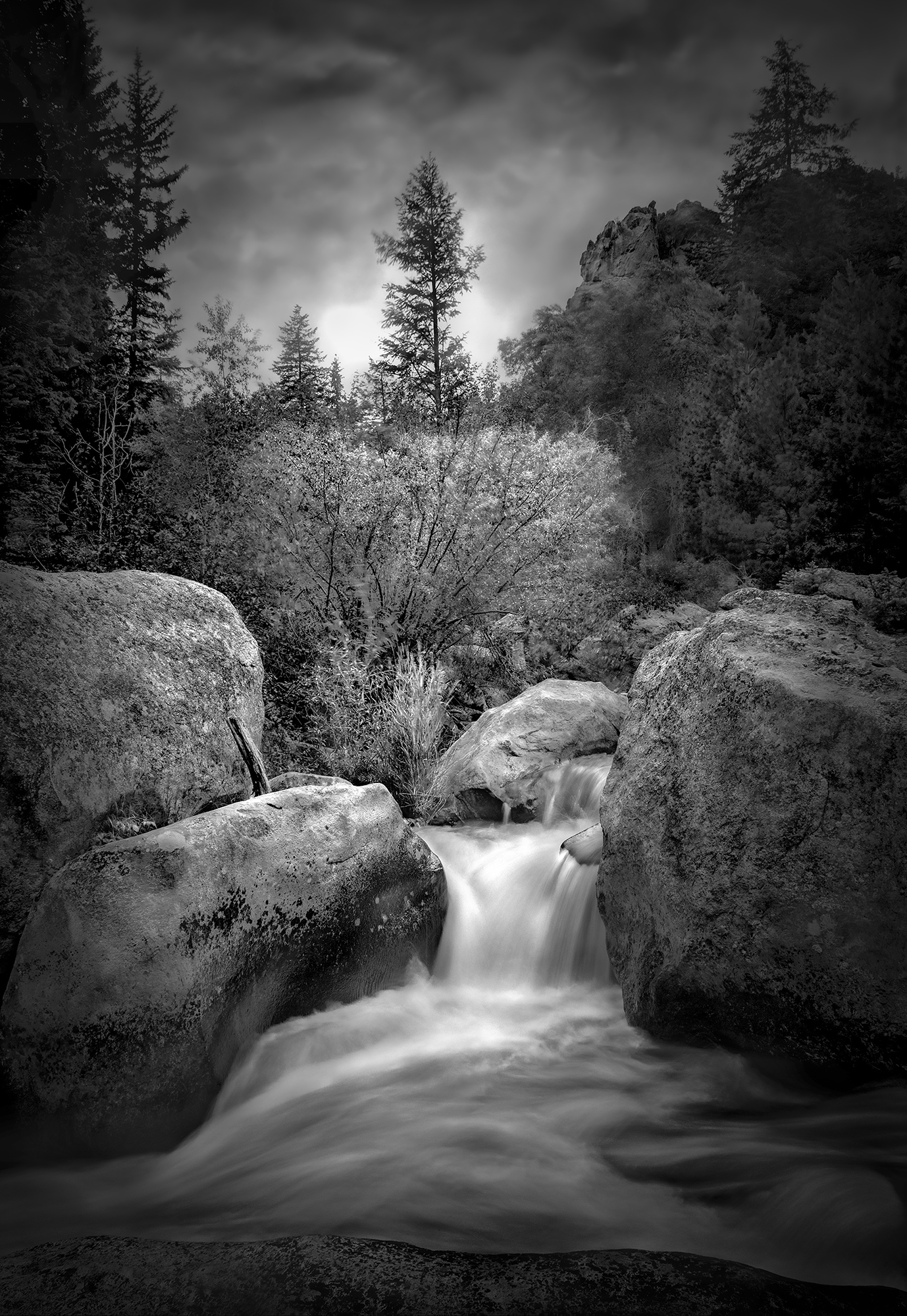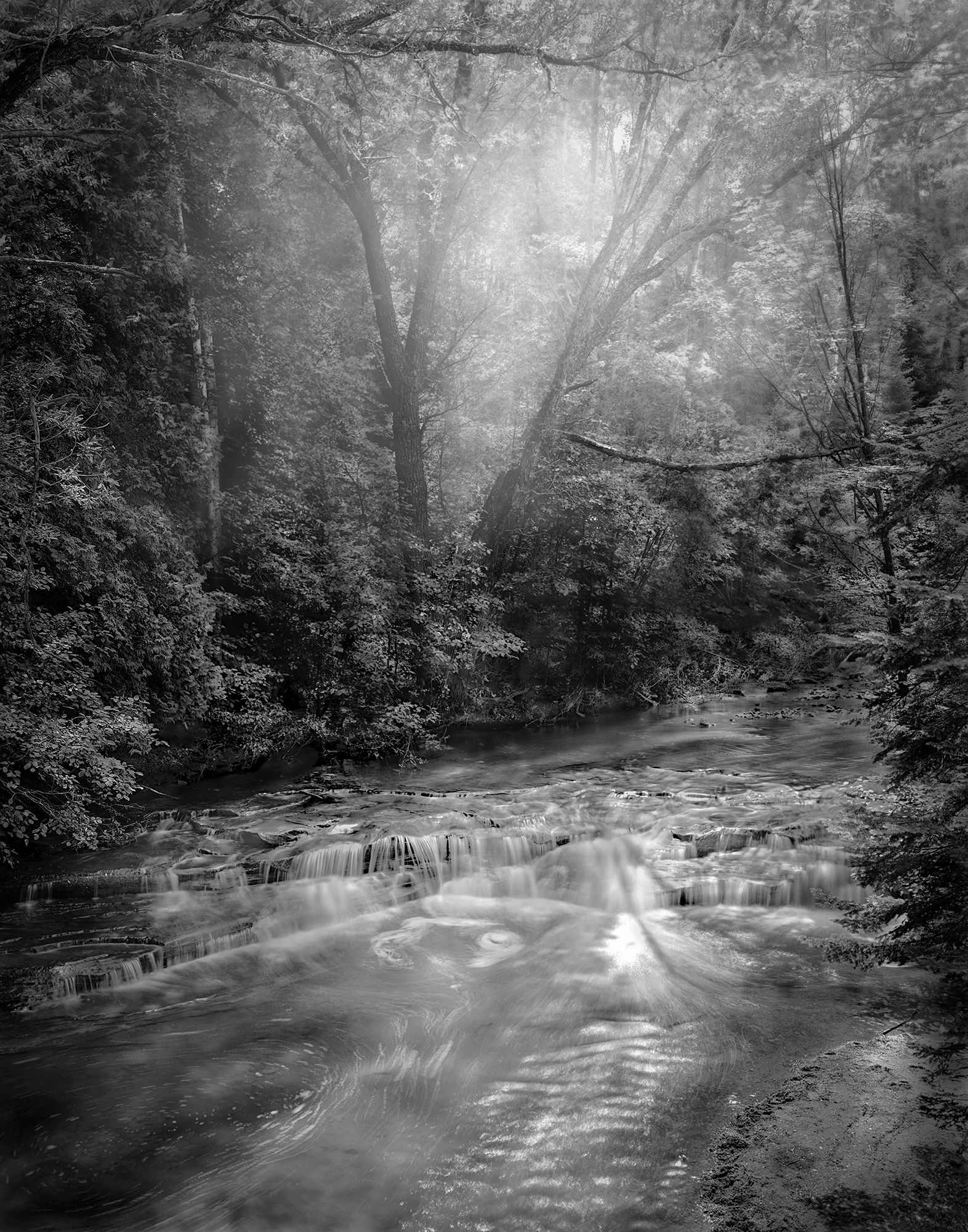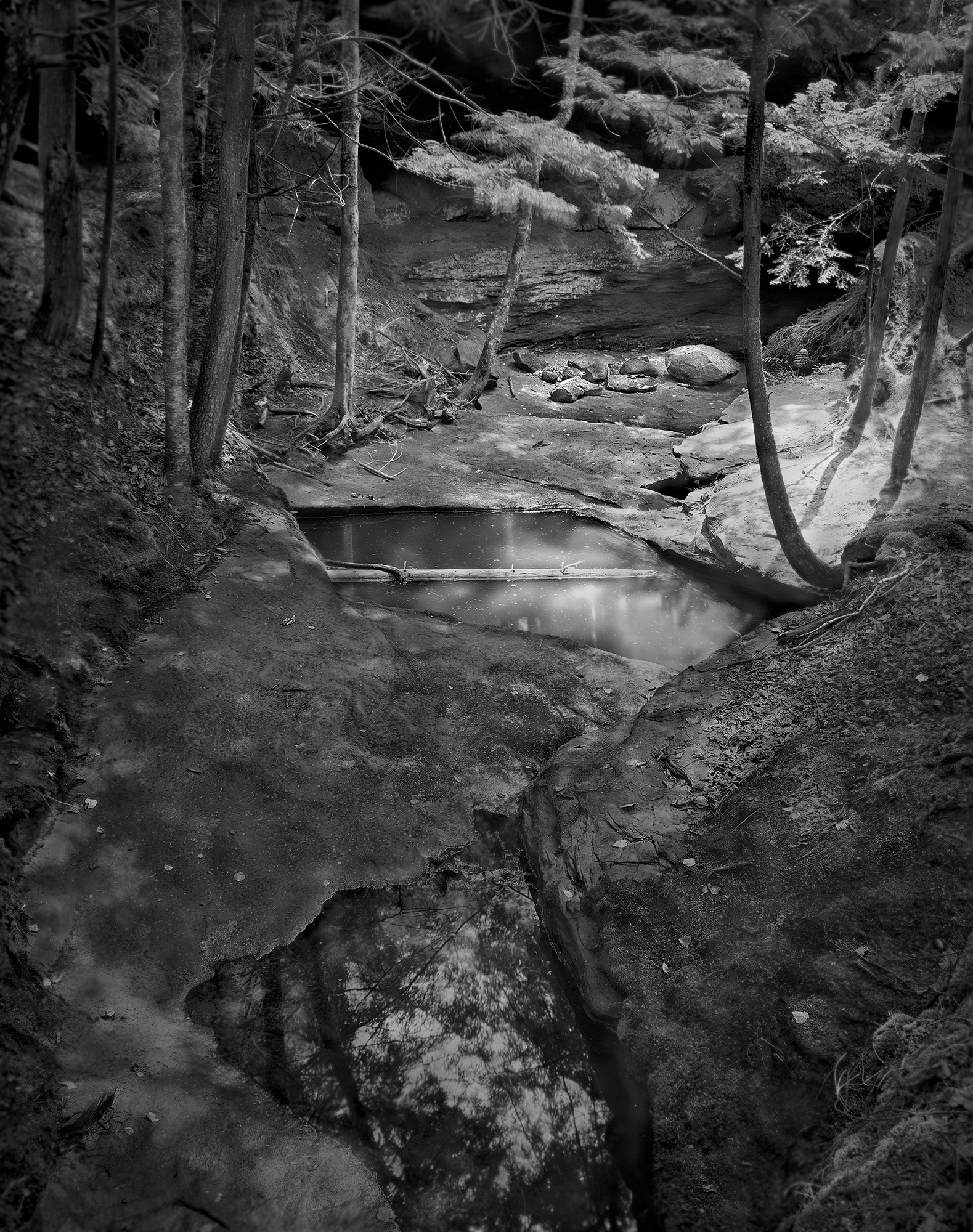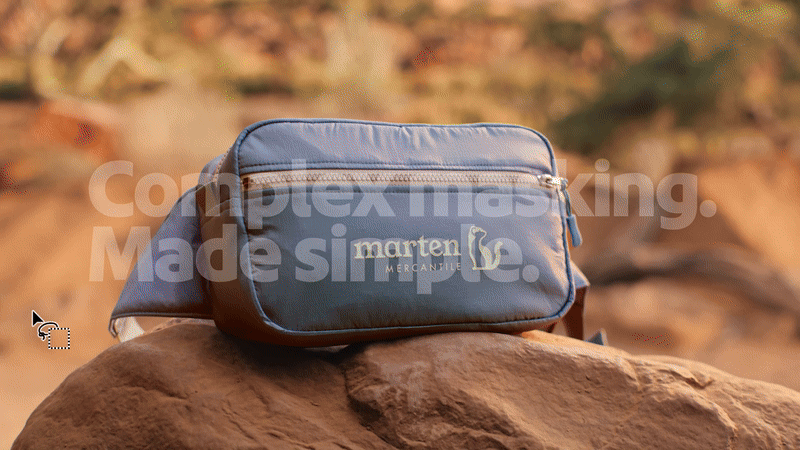In a digital world, this analog series of photos makes headlines, showcasing beautifully captured black-and-white landscapes
Shot on a 4x5in view camera with sheet film, this award-nominated series captures the quiet majesty of forests, proving analog techniques remain vital in contemporary photography
Black and white photography reveals emotion, composition, and narrative in its purest form. The Exposure One Awards 2025 recently celebrated this timeless medium, showcasing work from photographers around the world and highlighting the enduring relevance of analog techniques in today's digital era.
Among the standout winners is David Zlotky (USA), whose series Where the Wild Things Are earned him Gold in the Film/Analog Photographer Professional category.
Shot on a 4x5 view camera using sheet film, the series explores the quiet majesty of natural landscapes in Colorado and Wisconsin.
Zlotky says, "Art, for me, is about storytelling. Whether through painting or photography, I strive to capture the essence of a moment—the tension, the energy, the quiet poetry of life. My painting background informs how I see the world through a lens. Light, shadow, and composition are as important in my photography as they are on my canvas."
The 4x5 view camera: Precision and presence
In an era dominated by high-resolution digital cameras, Zlotky's series reminds us that analog photography remains a powerful medium for storytelling. His images highlight the unique qualities of large-format film: the deliberate framing, tonal depth, and precision of a 4x5 view camera that encourages slow, thoughtful composition.
The 4x5 view camera is a classic tool in analog photography, prized for its exceptional image quality, fine detail, and tonal nuance. Sheet film measuring 4x5 inches produces a richness and depth that smaller formats rarely achieve.
Renowned 4x5in large-format cameras, including those from Sinar, Toyo, and Cambo, are celebrated for their mechanical precision and ability to render subjects with a tactile, enduring quality. Zlotky's painterly approach, informed by his background in painting, takes full advantage of these capabilities, resulting in images where light, shadow, and composition converge to convey narrative and emotion.
The best camera deals, reviews, product advice, and unmissable photography news, direct to your inbox!
Zlotky explains, "When I photograph these natural cathedrals, I feel as if I've heard whispered secrets that I can only share through the lens of my camera." His Where the Wild Things Are series is a reminder that, even in a digital world, film photography can headline, offering a measured, contemplative vision of nature that invites us to slow down and see.
Exposure One Awards 2025: Global recognition
The Exposure One Awards 2025 received submissions from photographers in 64 countries, judged by a panel from institutions including the Leica Gallery, Aperture, SFMoMA, and Photo Basel.
Winners were selected across more than ten genre-based categories, from architectural abstraction to street photography, and analog/film photography – demonstrating that this medium can compete with digital work on a global stage. If you want to discover more winners, visit the Exposure One Awards website.
You might like...
Browse the best film cameras, the best film scanners, and the best film for 35mm cameras, roll film, and sheet film.
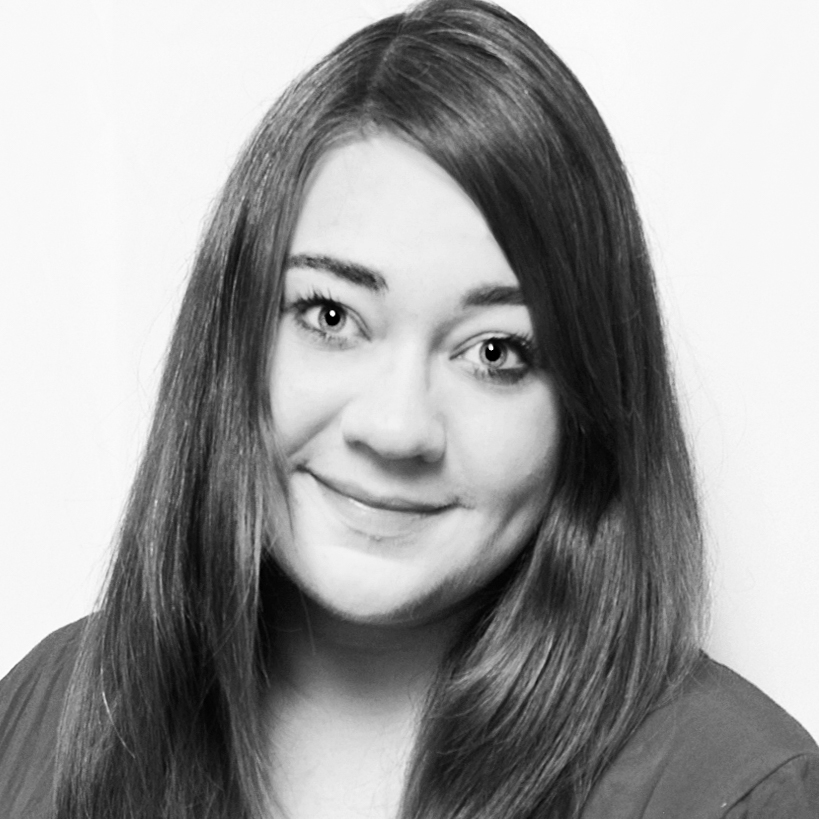
Kim is a photographer, editor and writer with work published internationally. She holds a Master's degree in Photography and Media and was formerly Technique Editor at Digital Photographer, focusing on the art and science of photography. Blending technical expertise with visual insight, Kim explores photography's time-honored yet ever-evolving role in culture. Through her features, tutorials, and gear reviews, she aims to encourage readers to explore the medium more deeply and embrace its full creative potential.
You must confirm your public display name before commenting
Please logout and then login again, you will then be prompted to enter your display name.
